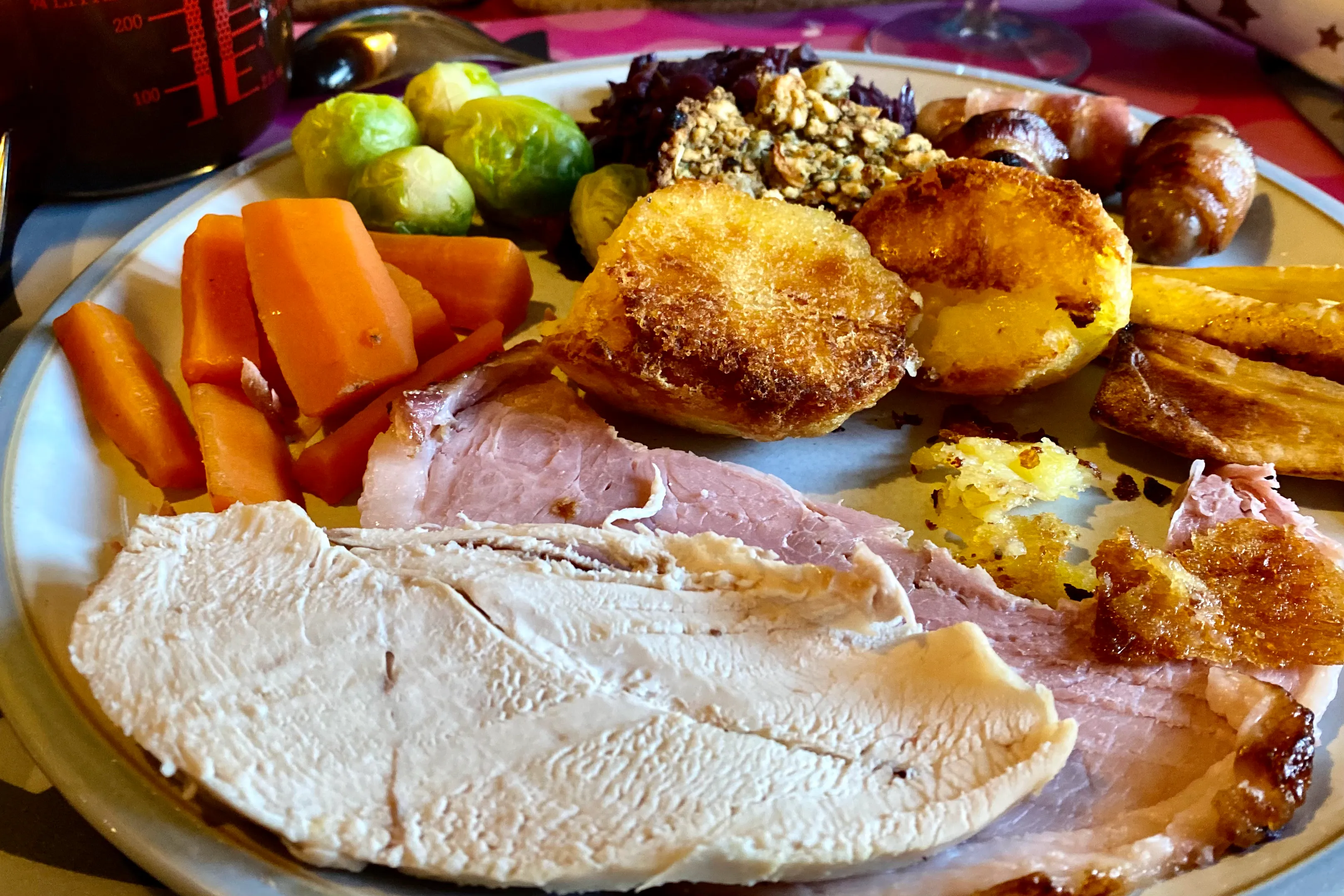Collaborative post by another author. Food waste is a major concern when raising a family especially in these financially challenging times. The average cost of food per person is around £138.70 per month, increasing to about £203.70 if you have one child and £225.3 monthly if you have two or more children. With the current food threats of global food shortages and price hikes, the last thing you need is food going bad, misused, or wasted in any way when you spend so much money on food. So, if food often goes to waste in your home, here are some ways to prevent it.
 |
| You might not always get the amount of food your family eats right, but you can cut down on food waste at home |
Tips To Prevent Food Waste
Create storage spaces
One of the best ways to avoid wasting food is to keep food stored correctly in designated storage spaces such as your refrigerator, shelves, kitchen pantry, etc. Don't just create these spaces; also ensure they're at the right storage temperature for your food. Your refrigerator should also be in perfect working condition to preserve food properly. If your refrigerator is broken down or needs some parts replaced, be sure to get those parts and have your refrigerator fixed. You can start by searching for your refrigerator's model number online to find the right parts you need. Replacing faulty fridge door seals (or gaskets) can save you money too. Before you store any packaged or processed food item, be sure to check the label for the right storage instructions and when it needs to be consumed by.
Save And Eat Leftovers Safely
It is pretty much impossible to prepare the exact right amount of food for a families meal so leftovers will happen, and that's fine. Most food will be fine to eat the next day or can be frozen to eat at a later date. Make sure you label food and that it is obvious in the fridge so you don't forget about it. Food often goes to waste because it has got pushed to the back of the fridge and forgotten about. If food has been freshly cooked it will normally be ok to eat 2 or 3 days later if left covered in the fridge, but ideally heat it throughly before eating (where appropriate).
Understand How 'Best Before' Dates Work
One way to avoid wasting food is to check for expiring dates when shopping for food products, although increasingly supermarkets are removing these from fresh produce. Depending on where you live, the expiring date or 'best before' may be written in different formats, but in most cases, you'll see the day, month, and year displayed in that order. Other products may come with the month, day, and year format. So, be sure to look out for the differences. Also, it's good to understand 'use by' and 'best before' dates. "Use by" dates are usually on perishable foodstuffs like meat, already-made meals, dairy, etc. It tells you when it's still safe to consume the product. While 'best before' dates indicate when it's safe to consume a product, they're more flexible. For example, foods like pasta, dried beans, lentils, etc., can still be eaten safely, but their quality in terms of flavour and texture may decrease. Regardless of the terminology how long food lasts will depend on how they have been stored and kept so make sure you check food looks and smells ok.
Don't Overbuy Fresh Produce
It's important to avoid buying more groceries or food products than you need to avoid waste. To do this, plan your weekly meals and determine exactly how much groceries you'll need, so you can shop for the right quantity, while being flexible enough to take advantage of offers. Also, think about how best to use the leftovers from those meals before you start cooking. Next, keep track of the food items you've bought and used. You can consider taking pictures of the items in your refrigerator and storage spaces, or writing a list to remind you of what you have.


















No comments
Thanks for your comment (unless it's spam in which case, why?)